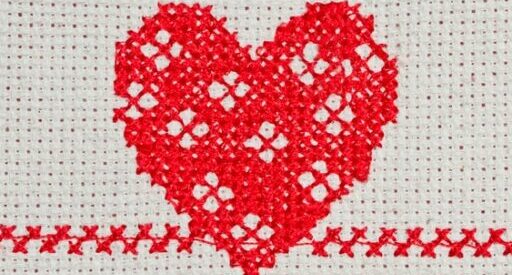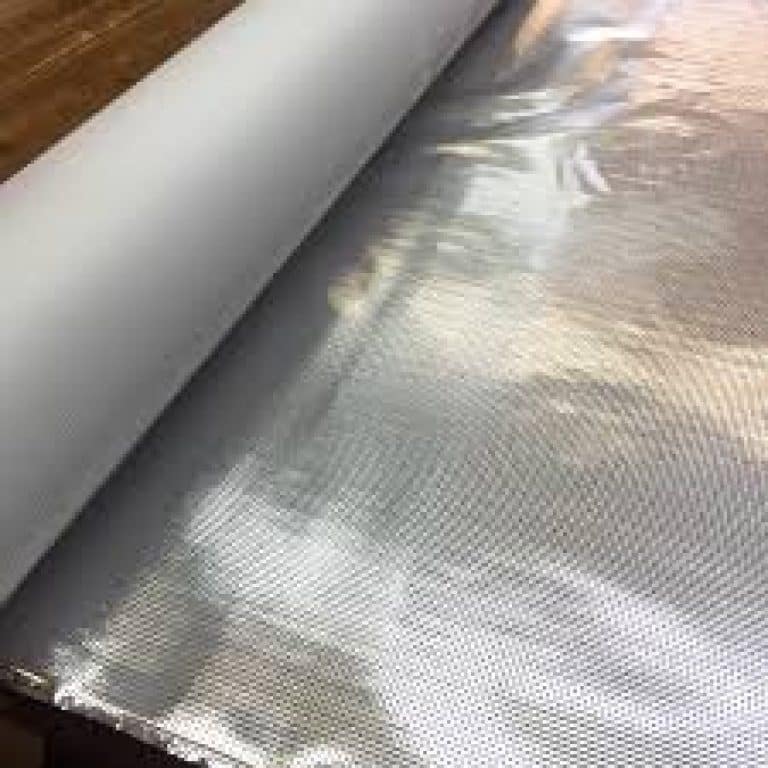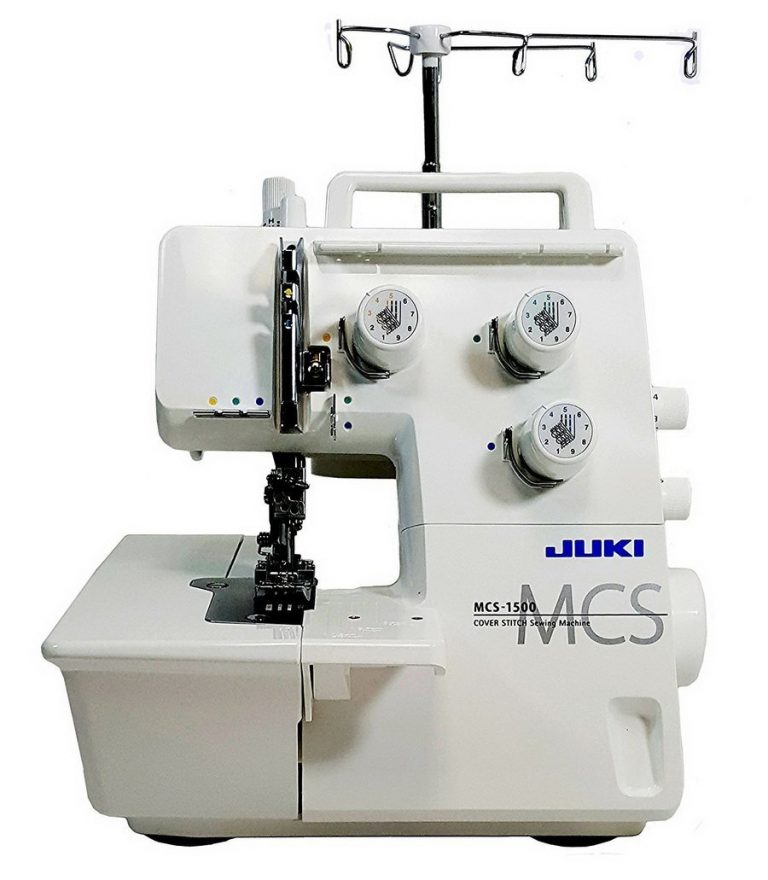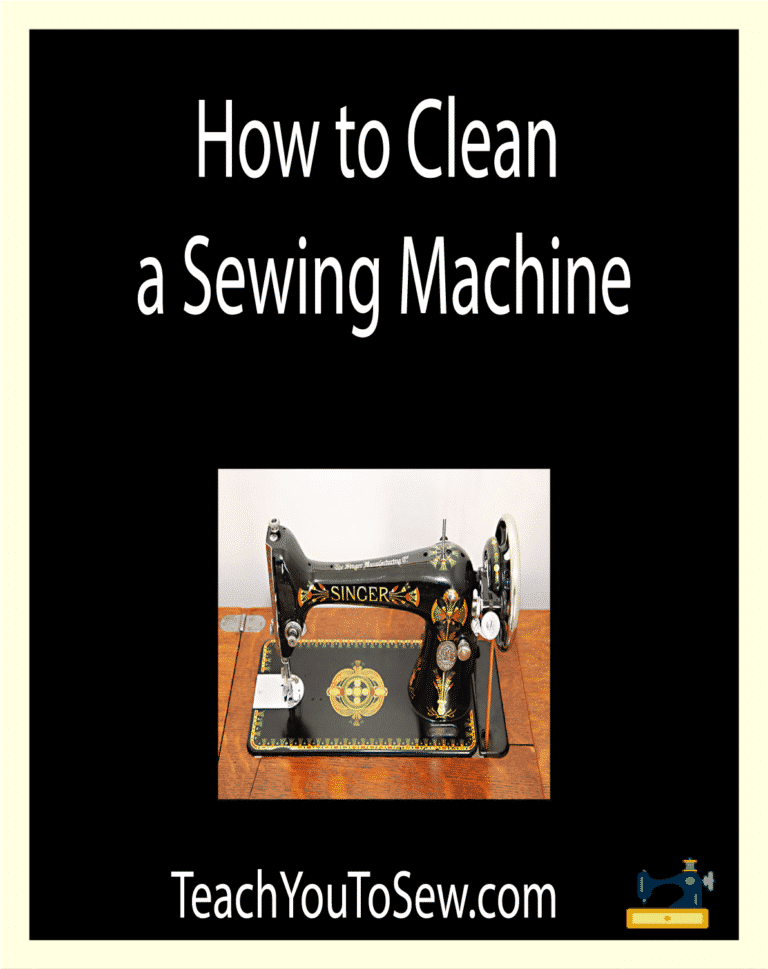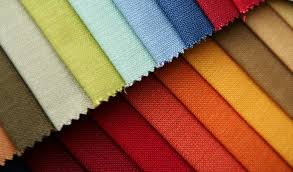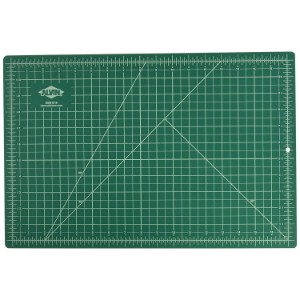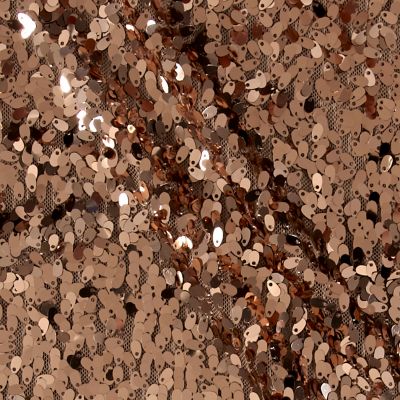Top 5 Fabric-to-Wood Glues for Strong and Durable Bonding
Table of Contents
Top Fabric-to-Wood Glues for Strong and Durable Bonding
| Topic | Description |
|---|---|
| Attaching Fabric to Wood | Sand the wood before gluing. Use a damp cloth to remove dust. Apply adhesive (like Mod Podge) to the wood then place the fabric. |
| Using Fabric Spray Adhesive | Spray adhesive provides a uniform layer of glue. Apply it thinly and evenly, then place the fabric precisely. Allow it to dry for 24 hours before trimming excess fabric. |
| Affixing Fabric to Wood Furniture | Apply glue evenly to the wood surface, then lay the fabric, starting from one end. Iron out any wrinkles and allow it to dry overnight. Then trim excess fabric. |
| Best Glue for Bonding Fabric to Wood | Mod Podge is a popular choice due to its strong bonding and easy application. Other options include fabric-specific spray adhesives and standard fabric glues. |
| Glues for Fabric to Wood Buying Guide | |
| – Mod Podge | Versatile, water-based, fast-drying, can be used on porous surfaces like fabric, paper, and wood. Non-toxic and dries clear. |
| – 3M Super 77 Multipurpose Permanent Spray Adhesive | Fast and easy to apply, bonds to many materials, industrial-strength hold, won’t soak into items. |
| – E6000 | Bonds to a wide range of materials, tough and durable while remaining flexible after drying, machine washable and dryer safe. |
| – Polymat 777 Upholstery Adhesive | Industrial-strength adhesive suitable for a variety of surfaces, fast-drying, high tack. |
| – Loctite Vinyl Fabric & Plastic Adhesive | Bonds strongly and permanently but dries clear, can be used indoors and outdoors, waterproof when dry. |
How to Attach Fabric to Wood
A fastener of some kind, usually staples or a specialized flat-headed fabric nail, is the quickest and most effective way to join fabric and wood.
That won’t always work, especially if you need to connect them somewhere where they’ll be seen. You’ll need to glue them together in certain circumstances. Any glue will not suffice. Some of them seep into the fabric and produce a noticeable discoloration.
What is the best way to adhere wood to fabric?
Before gluing, sand the wood.
Preparation, concentration, and the correct adhesive are the keys to successfully attaching wood and fabric together. The fixed point, in this case, is usually wood. When merging the two, you’ll need to keep the cloth under control because it doesn’t stay in its shape.
However, you should begin by sanding the wood with a piece of 100-grit sandpaper. This will ensure that the surface is smooth and free of imperfections or holes that could distract from the end product’s appearance.
Once it’s sanded down, run a damp piece of cloth or paper towel over it to get rid of the dust and little wood flakes that came off while sanding. The fabric should not be bonded to sawdust; instead, it should be bonded to the wood.
The adhesive is then applied to the wood. Mod podge is the most widely used adhesive. It’s a versatile glue that may be used on both fabric and wood. It can also be used to seal a piece of fabric. A foam brush works great here if you’re using mod podge
How to Use Fabric Spray Adhesive
Another popular option is a fabric-specific spray adhesive. These are great since they apply in a uniform layer. You want to avoid having your glue pool on the wood and cause an inconsistent connection with the fabric.
Apply a thin, consistent layer of glue to the wood when you’re ready to bind the wood and fabric together.
Take your cloth and place it as precisely as possible over the wood. You’ll have some time to modify, but try to get it as close to perfect as possible initially to avoid the adhesive drying unevenly. Smooth out any wrinkles with your fingertips after it’s down.
Work swiftly since the glue will cure quickly. Allow it to remain for another 24 hours to completely dry. Trim any excess fabric after you’ve finished.
How to affix fabric to a piece of wood furniture
Apply glue evenly.
It’s rather typical to use glue on furniture. You don’t have to worry about damaging the furniture fabric with staples or nails because the glue can establish a rapid, firm bond.
After you’ve placed the glue on the board, the challenge will be in how you lay the cloth down. You’ll also need to work swiftly because the glue dries quickly.
To begin, cut a piece of fabric one inch larger on both sides than the sheet you’ll be using. It’s far preferable to have to trim the extra in the end than to have too little, to begin with.
Apply the glue to the wood in a thin, even layer that does not pool. Pooling glue will make the fabric tougher than other fabrics, resulting in a sloppy appearance. Allow three minutes for it to set.
With one hand, hold the fabric up. Starting at one end, lay the cloth down so that an inch of it hangs over the edge. With that hand, lay the rest of it down while the other works the glue into it.
When you’ve finished, you should have something that comes close to covering everything. There’s a chance you have wrinkles as well. It’s not a huge deal.
Working from one side to the other, lift the fabric and iron out the wrinkles. The fabric should be smooth once you’ve reached the other side.
Allow it to sit for at least one night. This will give the bond enough time to dry completely. The overhanging cloth can then be trimmed without fear of it being pulled out of place.
What kind of glue is best for bonding fabric to wood?
For gluing fabric to wood, there are numerous glues that work well. Because it tends to go on thick and gloppy, regular crafts glue is not a suitable choice.
Mod podge, on the other hand, is popular because it forms a strong glue between the two, is simple to apply, and dries rapidly. Once the glue is dried, you can use it as a sealer. If you don’t apply it evenly, it will show through.
In addition, check out glues made specifically for fabric. Because wood has splits and pores, finding a glue that works isn’t difficult. However, the fabric is the visible side, and the adhesive you use can change how it looks.
As a result, a fabric-specific spray adhesive is an excellent alternative. Once the fabric is down, they go on evenly and can form a firm grasp.
Standard fabric glues are available if you don’t want to use a spray adhesive. Just keep in mind that for the best results, you’ll want to apply them in even layers.
Glues for Fabric to Wood Buying Guide
A Strong Hold
Revive and Reuse
Here are our glues for fabric to wood reviews.
1. Mod Podge
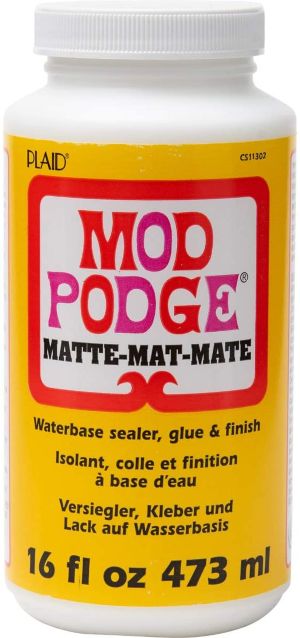
Mod Podge is an extremely popular product because it is so versatile. It has a water-based formula for easy cleanup. It is also fairly fast-drying, and usually is completely dry in under twenty minutes. Mod podge can be used on porous surfaces like fabric, paper, and wood.
- Can be used as a sealer for wood and paper as well
- Non-toxic
- Dries clear and multiple coats can be applied
Check Today's Price on Amazon
2. 3M Super 77 Multipurpose Permanent Spray Adhesive

Spray glues are popular for many reasons. Not only are they fast and easy to apply, but they can really save time, especially if they are applied over a large surface area. 3M Super 77 will bond to many different materials and has an industrial-strength hold.
- Glue will not soak into items
- Has a fast tack- bonds in 15-30 seconds
- Can be used on fabric, wood, plastic, metal, foam, leather, paper, and other surfaces and materials
3. E6000
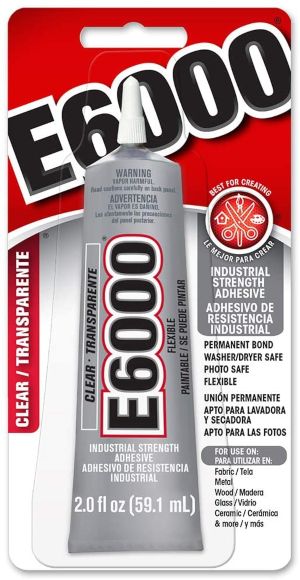
E6000 is one of those vital adhesives that no home should be without. It really is a catch-all type of glue, as it bonds to so many different materials and surfaces. The bond is extremely tough and durable but also remains flexible once dry. E6000 bonds to fabric, wood, glass, plastic, metal, rubber, cement, vinyl, leather, and so much more.
- Dries clear
- Machine washable and dryer safe
- Industrial strength
Check Today's Price on Amazon
4. Polymat 777 Upholstery Adhesive

Spray adhesives can work great for many different projects. Polymat 777 Upholstery Adhesive is an industrial-strength adhesive, which means it is very heavy duty. It can be used on a wide variety of surfaces.
- Can be used on fabric, wood, metal, cardboard, paper, foam, carpet, and more
- Fast drying and high tack
- Strong enough to be used for industrial projects
Check Today's Price on Amazon
5. Loctite Vinyl Fabric & Plastic Adhesive
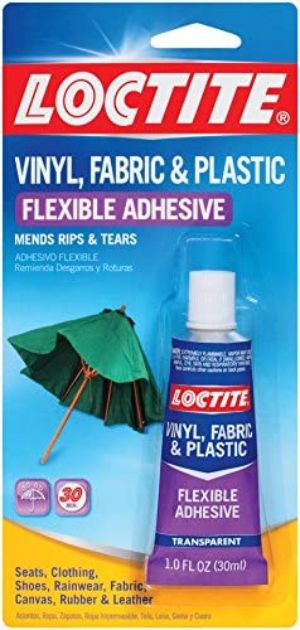
This adhesive bonds strong and permanent, but dries clear. It is a vital adhesive to have for repairs around the household, or for use in any craft room. It bonds to quite a number of different surfaces and can be used indoors and outdoors.
- Can be used on fabric, wood, some plastics, leather, and rubber
- Waterproof when dry
- Will not yellow out if exposed to sunlight or get brittle with age
Check Today's Price on Amazon
Recommended Reading:
